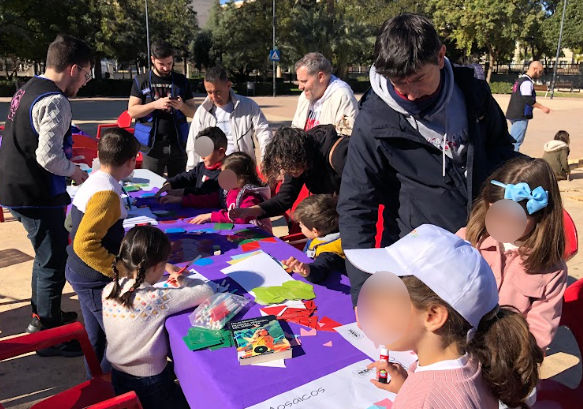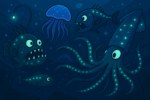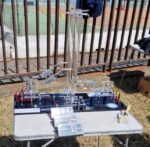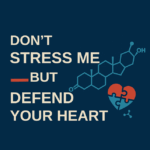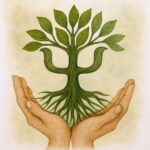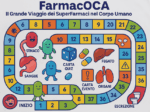During the winter of 2025, MUDIC brought science to schools and public squares, reaching approximately 750 people. These activities, included in the “Researchers at Schools” work package, align with MEDNIGHT’s objectives to extend science beyond the Vega Baja Interactive Educational Science Museum, located in Orihuela.
Among the STEM workshops held in 10 educational centers in the province of Alicante, the following are included:
- Augmented and Virtual Reality. A workshop in which students immerse themselves in a virtual environment and experience these new technologies firsthand.
- Electricity. In this STEM workshop, students experiment with static electricity and direct current through hands-on experiences with simple, easy-to-use materials, such as soda cans, balloons, modeling clay, light bulbs, batteries, wiring, etc.
- Cyanotype. In this workshop, students learned the fundamentals of photography and created a photograph using sunlight through the process known as cyanotype.
- Plastics. During the session, microplastics and their impact on marine ecosystems were discussed, in addition to presenting potato starch bags. Participants also developed biodegradable microplastics.
- Math Magic. Fun games and magic tricks with mathematics. Students can learn and discover the applications and possibilities of sound mathematical knowledge.
- Viruses, Bacteria, and Fungi. Through this workshop, participants learn about and become aware of the microorganisms that surround humans.
- Plane and Spatial Geometry. In this workshop, students tour the plane, focusing their attention on polygonal shapes and classifying them according to their properties. To do so, they use a book of mirrors. Symmetries and three-dimensional constructions are then explored.
- Historical Garden. Participants can learn about traditional agricultural practices in the area, create an alfalfa seedbed, and simulate the operation of a water mill.
- Aquaculture. Students learned about the functioning of fish farms in our oceans and seas. They learned about the fish growth process, their diet, and growing conditions.

The MUDIC also organized two outdoor science fairs.
Museum staff visited Plaza Ramón y Cajal in Beniel (Alicante) on Thursday, January 2. Among the scientific experiences available to the general public were workshops on “Cooking and Chemical Reactions,” “Soaps with Aloe Vera,” and “Leonardo da Vinci’s Domes and Bridges.” They also visited Plaza de las Palmeras in Albatera (Alicante) on Friday, February 7. There, they held workshops on “Cyanotype,” “Tessellations and Mosaics,” “Leonardo Da Vinci’s Domes and Bridges,” and astronomical observation of the Sun.



